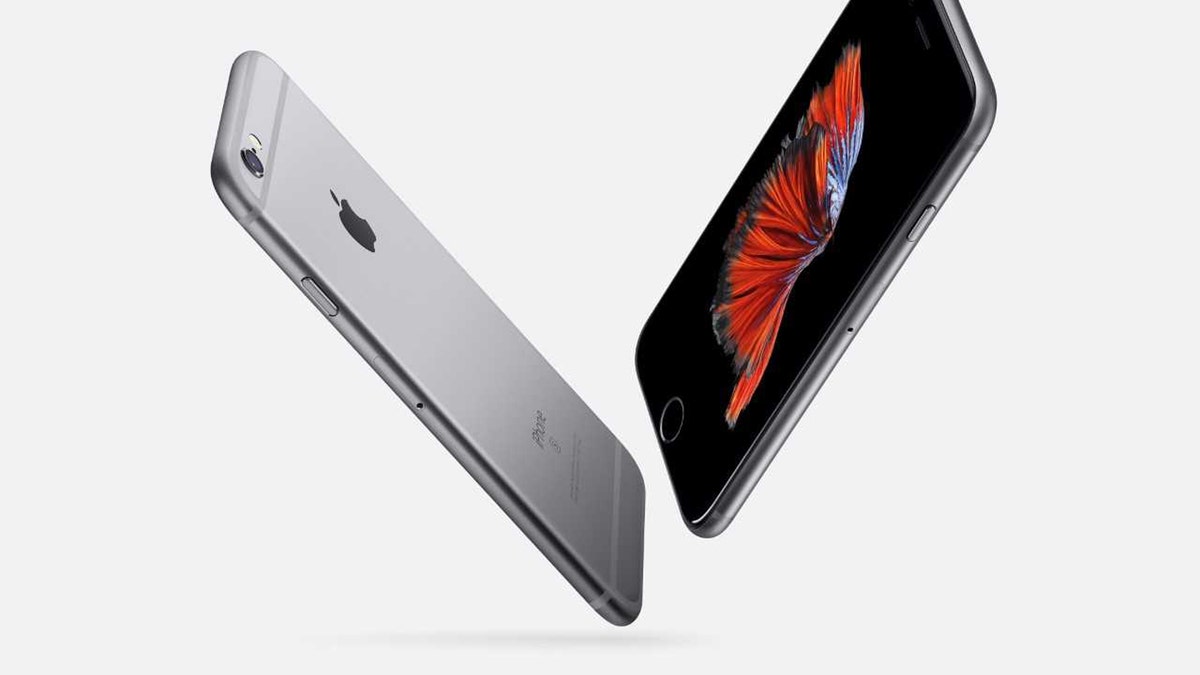
Apple has inked a deal with media magnate Oprah Winfrey. (AP)
We may now all be focused on what comes after the iPhone X , but things are heating up in court over the iPhone 6, a smartphone that's now almost four years old.
You may remember the iPhone 6 and iPhone 6 Plus suffered from two big problems. The first was how easily the handsets seemed to bend simply from being carried around in a pocket. The second was touch disease, which resulted in a flickering grey bar appearing at the top of the display and the touchscreen eventually failing. Now it has been discovered that Apple knew the handsets would bend easily even before the iPhone 6 launched.
As Motherboard reports, as part of a class-action lawsuit filed in 2016, Apple had to hand over internal testing documents for the iPhone 6 and 6 Plus. Although the documents were filed under seal, US District Court Judge Lucy Koh shared some of the information they contain publicly.
The documents reveal Apple knew the iPhone 6 models were much more likely to bend when compared the previous model, the iPhone 5s. More specifically, the iPhone 6 was 3.3 times more likely to bend than the 5s, and the iPhone 6 Plus was 7.2 times more likely to bend. It seems nothing was done to the design and manufacturing process to rectify this and then publicly in response to the bending claims Apple maintained there were no engineering issues.
More From PCmag
With regards to touch disease, Apple claimed there was no fault with the touchscreen IC and that the display flickering and touchscreen fault is caused by the iPhone "being dropped multiple times on a hard surface and then incurring further stress on the device." Ultimately, Apple (after several months) decided to offer a repair program, but the kicker was it cost customers $149.
Considering Apple knew how easily the iPhone 6 and 6 Plus would bend even before it launched, coupled with the fact the logic board was eventually stiffened with epoxy to prevent touch disease from happening, suggests to me that Apple was doing everything it could to avoid stating what now seems obvious: the iPhone 6 and 6 Plus designs were flawed because they lacked the required strength for normal everyday use.
The lawsuit is ongoing, but Judge Koh has denied certification as an official class "because the plaintiffs could not present a sufficient model for being paid damages in the event that they win. " Apple isn't commenting as you'd expect, but it certainly isn't looking good for the company right now.
This article originally appeared on PCMag.com.
